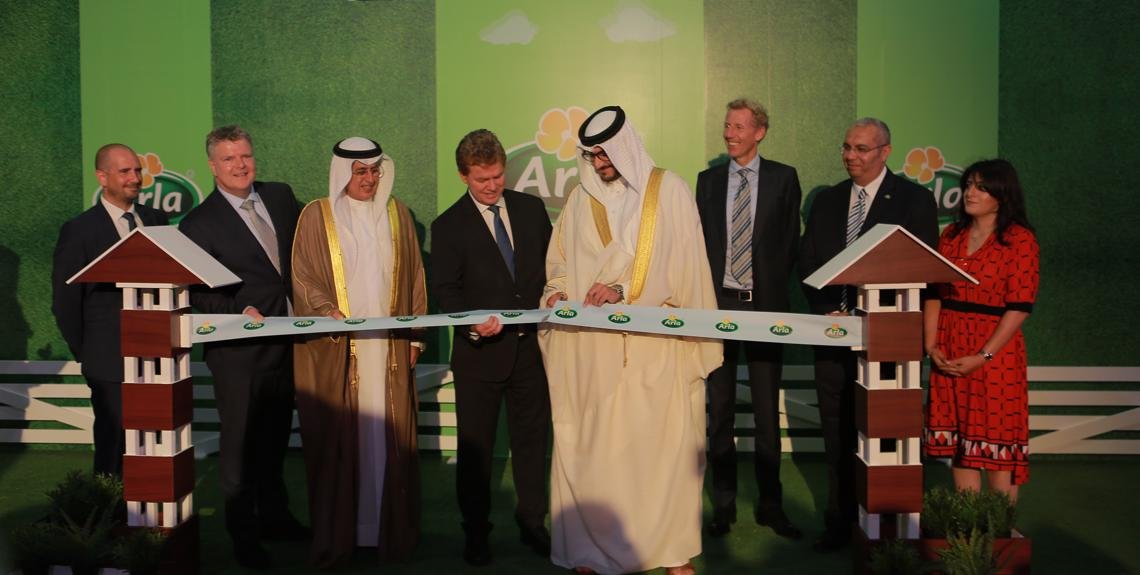Inside BENEO’s new pulse plant: pioneering sustainable protein from faba beans
Arla Foods will invest approx. €50 million ($55 million) in the plant
Denmark headquartered Arla Foods has inaugurated a state-of-the-art cheese production site in the Kingdom of Bahrain to support the increasing demands for dairy in the Middle East and North Africa (MENA).
The company will invest approximately €50 million ($55 million) in the site over the next two to three years to increase capacity as it becomes the key strategic manufacturing hub for the company in MENA. Arla will also create more than 100 direct jobs over the next two to three years in the local market. The opening follows Arla’s acquisition of Mondeléz International’s processed cheese business in the region in May 2019, which also gave it full ownership of the production site.
The inauguration ceremony was held under the patronage of HRH the Crown Prince of Bahrain, and was attended by the country’s Minister of Industry, Commerce and Tourism, His Excellency Zayed R. Al Zayani, , Arla’s CEO, Peder Tuborgh, Executive Vice President of International, Tim Ørting Jørgensen, Executive Vice President of Supply Chain, Sami Naffakh and employees.
The majority of Arla’s products sold in the region will now be produced locally at the site in Manama, which will enable the company to further expand its branded cheese production and improve overall efficiency in its supply chain. By 2025, Arla expects to increase annual production in Bahrain to more than 100,000 tons under both Puck®, Arla®, Dano®, Kraft® and Private Label brands while creating new jobs in the process.
Arla Foods S.P.C today produces approximately 16,000 tons per year and includes an on-site innovation pilot plant. Built in 2008, it has won multiple awards for manufacturing excellence within core cheese categories. By moving the production of processed cheese and sterilized cream to this site, Arla expects to improve the shelf-life of these products by up to six weeks as transport and distribution are reduced significantly. Product categories produced at the site will be sold primarily in the Middle East as well as US, West Africa and Southeast Asia.

